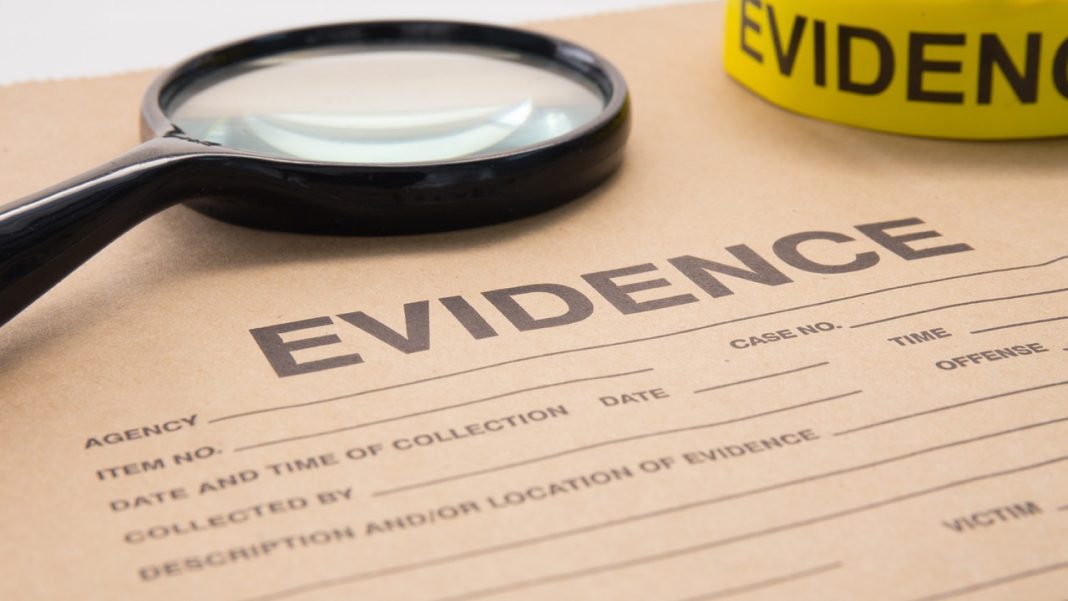 The Federal Reserve, the U.S. central bank responsible for managing the country’s financial and banking system, has come under scrutiny and criticism in recent times. Rep. Thomas Massie (R-Ky.) has introduced legislation to end the Federal Reserve, citing record-high inflation as a result of the Fed’s monetary policies. The bill, titled the “Federal Reserve Board Abolition Act” or “End the Fed,” seeks to dismantle the board of governors and the Federal Reserve banks, as well as repeal the Federal Reserve Act that created the institution in 1913.
The Federal Reserve, the U.S. central bank responsible for managing the country’s financial and banking system, has come under scrutiny and criticism in recent times. Rep. Thomas Massie (R-Ky.) has introduced legislation to end the Federal Reserve, citing record-high inflation as a result of the Fed’s monetary policies. The bill, titled the “Federal Reserve Board Abolition Act” or “End the Fed,” seeks to dismantle the board of governors and the Federal Reserve banks, as well as repeal the Federal Reserve Act that created the institution in 1913.
Mr. Massie argues that the Federal Reserve’s actions during the COVID-19 pandemic, such as creating trillions of dollars out of thin air and loaning it to the Treasury Department, have devalued the dollar and caused high levels of inflation. He believes that by ending the Federal Reserve, inflation can be reduced effectively.
The Federal Reserve System, also known as the Fed, was initially established in response to banking panics in 1913. Its powers have since expanded to include regulating and overseeing banks, maintaining financial system stability, and implementing U.S. monetary policy. The Fed’s primary objectives include maximizing employment, stabilizing prices, and moderating long-term interest rates.
However, Mr. Massie accuses the Fed of colluding with the executive and legislative branches, as well as Wall Street, to create financial problems for Americans. He claims that monetizing debt is a coordinated effort that harms retirees’ savings while benefiting the wealthy and connected.
If enacted, the “End the Fed” Act will provide one year for the Fed to be shut down. The Federal Reserve Act will be repealed, and its assets and liabilities will be liquidated under the responsibility of the Director of the Office of Management and Budget.
It’s worth noting that this is not the first time legislation to end the Federal Reserve has been introduced. Former Rep. Ron Paul (R-Texas) first introduced the “Federal Reserve Board Abolition Act” in 1999, and it was reintroduced annually until his retirement in 2013. Mr. Massie’s bill has garnered support from other representatives who share his concerns about the Federal Reserve’s actions.
Criticism of the Federal Reserve is not new. Late Nobel laureate and economist Milton Friedman was a notable critic, calling for the abolishment of the Fed due to its ineffective policies. He believed that the institution had done more harm than good and had a poor record of performance.
Last year, research fellows at The Heritage Foundation published an article arguing for an end to the Fed, stating that every major economic downturn in the last century had been influenced by the Federal Reserve’s actions. They noted that despite its questionable track record, the institution has been tolerated by Americans.
International voices have also criticized central banks, including the Federal Reserve. Argentine President Javier Milei referred to central banks as “the worst garbage that exists on this Earth” and specifically criticized the Central Bank of Argentina. Economist Mohamed A. El-Erian criticized the Fed for its failures, stating that it has lost its way and its actions have global consequences.
In conclusion, Rep. Thomas Massie’s introduction of legislation to end the Federal Reserve has sparked a renewed discussion on the role and effectiveness of the central bank. Critics argue that the Fed’s monetary policies have led to record-high inflation, while others believe that the institution is colluding with other branches of government and Wall Street to the detriment of average Americans. However, it remains to be seen whether this legislation will gain enough support to bring about significant changes to the U.S. financial system.


